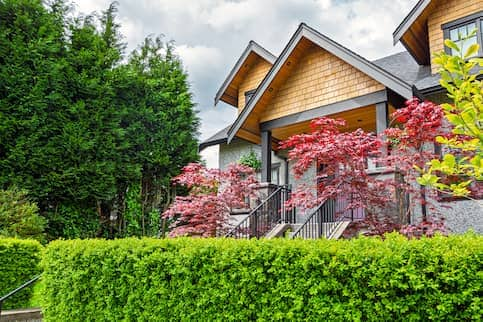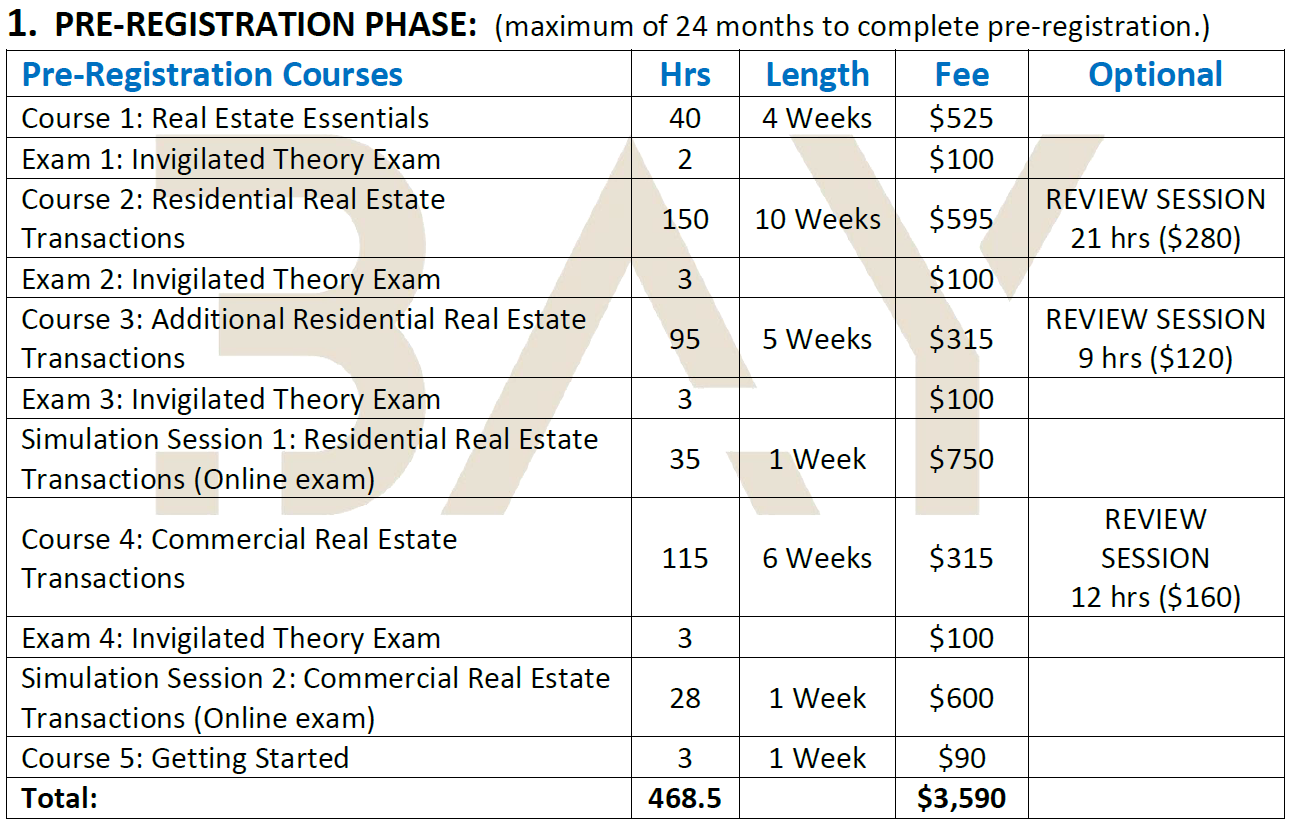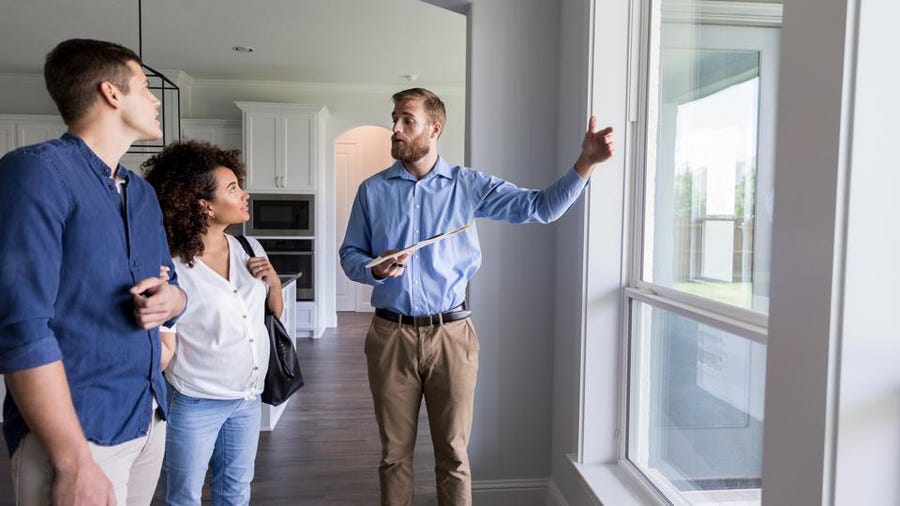
Most likely, you've seen ads advertising that "we buy houses" or billboards that boast phrases like "sell my house as-is." This claims make it appear that selling your house off-market is an easy way for you to sell your house quickly and without the hassle of traditional sales. However, there are several things to consider before you decide whether this is the best option for your situation.
Is there a buyer or seller marketplace?
It is always a good idea knowing if you are in a buyers market or sellers market. This can have an impact on how fast you are able find a home. This can impact the price of a home.
If you're in a buyer's market, you'll have to be patient and find the right property for you. This could mean that you make a lower offer than the other buyers. However, it might also mean that you spend more to get a home you love.

This can help avoid potential problems with off-market sales and preserve your financial health. You will have fewer options if you are in a sellers market. This is because there are more homes for sale than people looking.
Furthermore, off-market sales tend to be less competitive than traditional counterparts. This makes them a better option for investors who are looking to profit from the lower prices and higher profits on these properties.
How do I locate off-market homes?
To find off-market homes, the first step is to search for a realty agent to guide you. These agents are often able to help clients sell their house off-market.
Public records are also available to view what is for sale and who owns it. This will give a great idea about the market and how much your property might be worth.

Buying an off-market house is more work than traditional sales, but it can save you money in the long run. This type is for experienced investors who can put in the effort to research potential properties before making an offering.
Why do people buy off the market homes?
For sellers, off-market sales can be a good way to make the most of their property. These sales allow sellers to assess the market and determine the right price for their home. This can result in lower prices and faster selling. This can be an enormous benefit for expensive homes that take longer to sell on a buyers' market.
Off-market sellers often want to sell quickly their houses because they are moving or have gotten in a financial pinch. An investor willing to invest in the property's renovation and repair can seize this opportunity.
FAQ
How long does it usually take to get your mortgage approved?
It depends on several factors including credit score, income and type of loan. It takes approximately 30 days to get a mortgage approved.
What are some of the disadvantages of a fixed mortgage rate?
Fixed-rate mortgages have lower initial costs than adjustable rates. If you decide to sell your house before the term ends, the difference between the sale price of your home and the outstanding balance could result in a significant loss.
Are flood insurance necessary?
Flood Insurance covers flood damage. Flood insurance helps protect your belongings and your mortgage payments. Learn more about flood insurance here.
How many times can my mortgage be refinanced?
This is dependent on whether the mortgage broker or another lender you use to refinance. You can typically refinance once every five year in either case.
What are the benefits to a fixed-rate mortgage
Fixed-rate mortgages lock you in to the same interest rate for the entire term of your loan. This will ensure that there are no rising interest rates. Fixed-rate loans come with lower payments as they are locked in for a specified term.
What is a "reverse mortgage"?
A reverse mortgage allows you to borrow money from your house without having to sell any of the equity. This reverse mortgage allows you to take out funds from your home's equity and still live there. There are two types of reverse mortgages: the government-insured FHA and the conventional. If you take out a conventional reverse mortgage, the principal amount borrowed must be repaid along with an origination cost. FHA insurance covers your repayments.
What should I look for when choosing a mortgage broker
A mortgage broker helps people who don't qualify for traditional mortgages. They search through lenders to find the right deal for their clients. Some brokers charge fees for this service. Other brokers offer no-cost services.
Statistics
- The FHA sets its desirable debt-to-income ratio at 43%. (fortunebuilders.com)
- When it came to buying a home in 2015, experts predicted that mortgage rates would surpass five percent, yet interest rates remained below four percent. (fortunebuilders.com)
- Private mortgage insurance may be required for conventional loans when the borrower puts less than 20% down.4 FHA loans are mortgage loans issued by private lenders and backed by the federal government. (investopedia.com)
- Over the past year, mortgage rates have hovered between 3.9 and 4.5 percent—a less significant increase. (fortunebuilders.com)
- Some experts hypothesize that rates will hit five percent by the second half of 2018, but there has been no official confirmation one way or the other. (fortunebuilders.com)
External Links
How To
How to Manage a Rent Property
While renting your home can make you extra money, there are many things that you should think about before making the decision. We'll show you what to consider when deciding whether to rent your home and give you tips on managing a rental property.
Here are the basics to help you start thinking about renting out a home.
-
What is the first thing I should do? Before you decide if you want to rent out your house, take a look at your finances. If you have outstanding debts like credit card bills or mortgage payment, you may find it difficult to pay someone else to stay in your home while that you're gone. You should also check your budget - if you don't have enough money to cover your monthly expenses (rent, utilities, insurance, etc. You might find it not worth it.
-
How much does it cost to rent my home? There are many factors that influence the price you might charge for renting out your home. These include factors such as location, size, condition, and season. Remember that prices can vary depending on where your live so you shouldn't expect to receive the same rate anywhere. Rightmove has found that the average rent price for a London one-bedroom apartment is PS1,400 per mo. If you were to rent your entire house, this would mean that you would earn approximately PS2,800 per year. Although this is quite a high income, you can probably make a lot more if you rent out a smaller portion of your home.
-
Is this worth it? Doing something new always comes with risks, but if it brings in extra income, why wouldn't you try it? Be sure to fully understand what you are signing before you sign anything. Not only will you be spending more time away than your family, but you will also have to maintain the property, pay for repairs and keep it clean. Make sure you've thought through these issues carefully before signing up!
-
Is there any benefit? Now that you have an idea of the cost to rent your home, and are confident it is worth it, it is time to consider the benefits. There are many reasons to rent your home. You can use it to pay off debt, buy a holiday, save for a rainy-day, or simply to have a break. Whatever you choose, it's likely to be better than working every day. If you plan ahead, rent could be your full-time job.
-
How can I find tenants Once you've made the decision that you want your property to be rented out, you must advertise it correctly. Make sure to list your property online via websites such as Rightmove. Once potential tenants reach out to you, schedule an interview. This will enable you to evaluate their suitability and verify that they are financially stable enough for you to rent your home.
-
What are the best ways to ensure that I am protected? If you're worried about leaving your home empty, you'll need to ensure you're fully protected against damage, theft, or fire. You will need to insure the home through your landlord, or directly with an insurer. Your landlord will typically require you to add them in as additional insured. This covers damages to your property that occur while you aren't there. If you are not registered with UK insurers or if your landlord lives abroad, however, this does not apply. In such cases you will need a registration with an international insurance.
-
It's easy to feel that you don't have the time or money to look for tenants. This is especially true if you work from home. You must put your best foot forward when advertising property. You should create a professional-looking website and post ads online, including in local newspapers and magazines. It is also necessary to create a complete application form and give references. Some people prefer to do the job themselves. Others prefer to hire agents that can help. You'll need to be ready to answer questions during interviews.
-
What happens once I find my tenant If there is a lease, you will need to inform the tenant about any changes such as moving dates. If you don't have a lease, you can negotiate length of stay, deposit, or other details. Remember that even though you will be paid at the end of your tenancy, you still have to pay utilities.
-
How do you collect the rent? You will need to verify that your tenant has actually paid the rent when it comes time to collect it. If they haven't, remind them. Before you send them a final invoice, you can deduct any outstanding rent payments. If you're having difficulty getting hold of your tenant you can always call police. They will not normally expel someone unless there has been a breach of contract. However, they can issue warrants if necessary.
-
How can I avoid potential problems? It can be very lucrative to rent out your home, but it is important to protect yourself. Ensure you install smoke alarms and carbon monoxide detectors and consider installing security cameras. Check with your neighbors to make sure that you are allowed to leave your property open at night. Also ensure that you have sufficient insurance. Do not let strangers in your home, even though they may be moving in next to you.